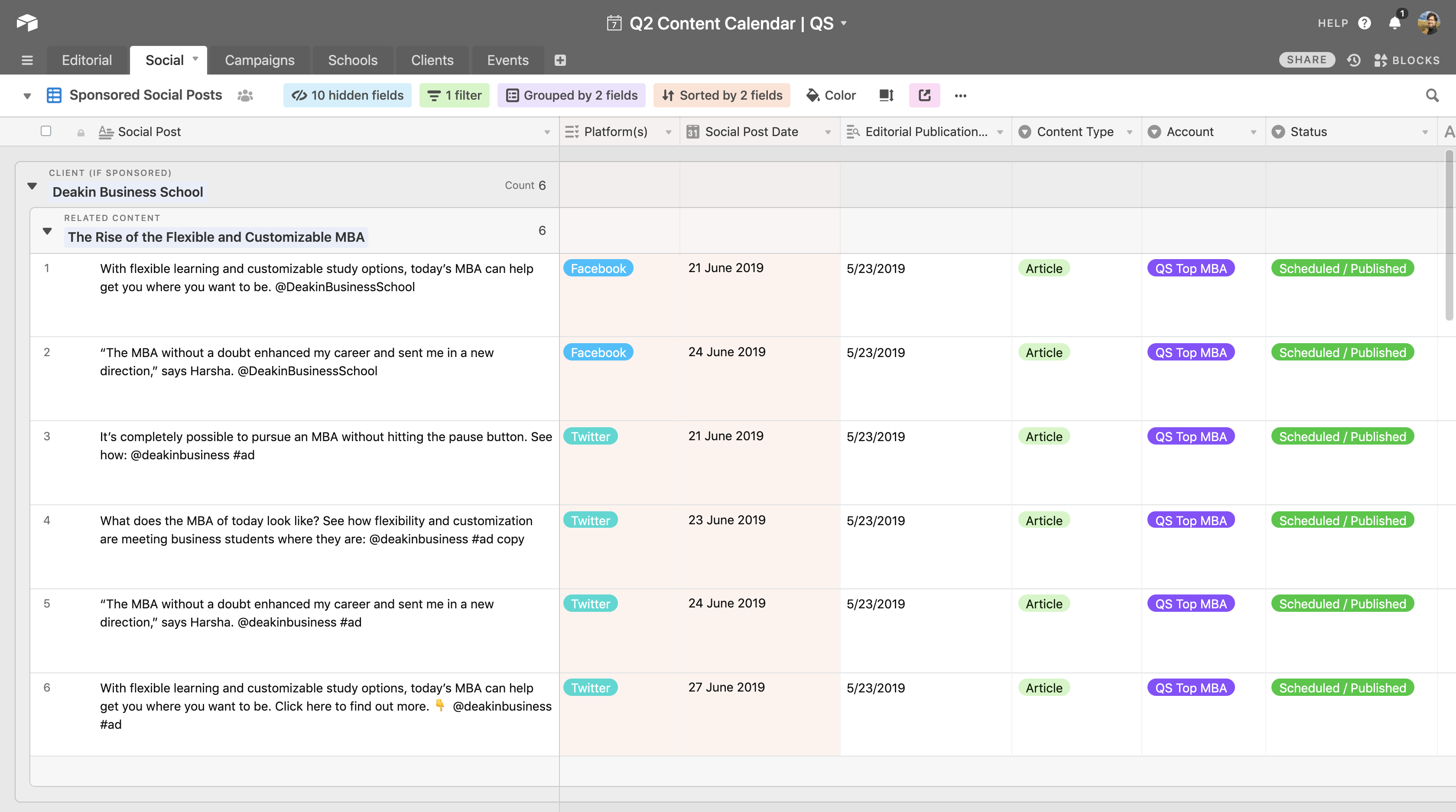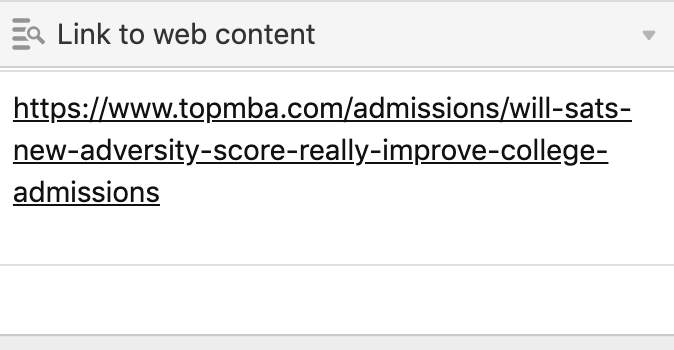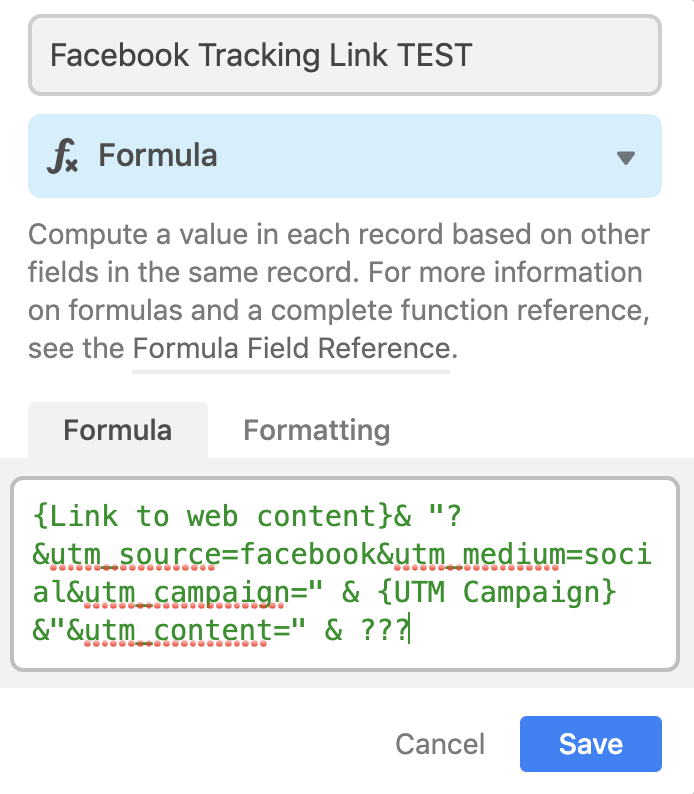Hi all,
I’m a social media manager. I have a base which links together editorial content with associated social posts. It makes amazing things like this possible:

Now, I’m trying to create a fully automated UTM parameter system which collects data from various linked records — such as linked web content, associated campaign, etc — and spits out a single URL with appended UTM parameters for tracking in Google Analytics.
I’ve got most of it figured out. One step remains: how to extract part of a string. In this case, everything found AFTER the final “/” in a given field.
Here’s what I mean. I’d like a formula which scans this text, finds the final “/” in the string, then spits out everything AFTER that:

Here’s my current, incomplete formula:

Could I do this with RIGHT()? Any help is much appreciated! Thanks in advance. :blush:
Best,
Alex


